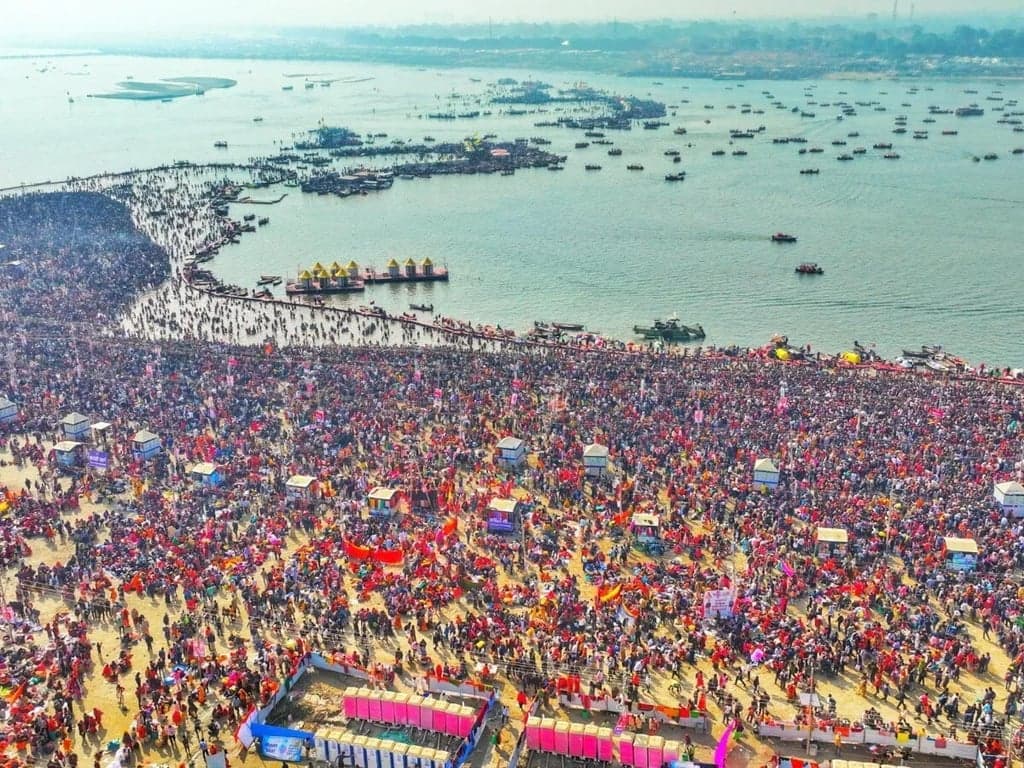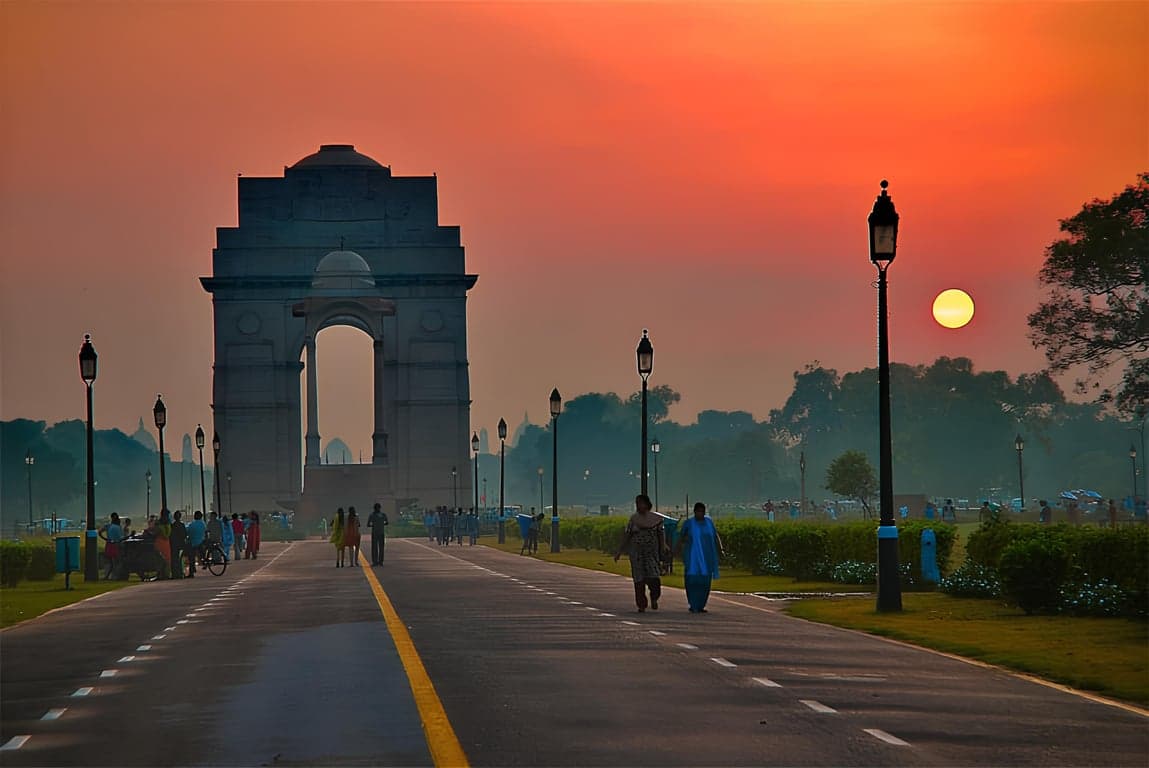
Indian Meteorological Department (IMD) is celebrating its 150th anniversary and on this occasion they are organizing an event named “India Undivided Event”. Neighbouring countries like Pakistan, Nepal, Bhutan, Maldives, Myanmar, Afghanistan, Sri Lanka, and Bangladesh were sent an invitation while only Bangladesh has decided to skip the event. Countries from Middle Eastern and South-West Asian countries are invited too.
To make this event more vibrant some activities like
· Marathons, exhibitions, workshops, and olympiads are also going to be organised.
· Finance ministry has approved a special coin of Rs 150.
· The (IMD) ‘Indian Meteorological Department’ will also showcase its first ever ‘tableau’ on the Republic Day parade highlighting its legacy and contribution in the Meteorological field.
The ‘IMD’ has not only saved its own country but also neighbouring countries by informing them before any big disaster to minimize the effect.
History of IMD
When India was hit with a devastating cyclone in 1864 in Calcutta killing about 60,000 people then again in 1866 and 1871 faced some monsoon failures, Britishers decided to form an institution that can track these type of natural disasters, and then formed the Indian Meteorological Department in 1875.
The headquarter of ‘IMD’ which was then established in Calcutta in 1875, was later on shifted to Shimla in 1905, then to Pune in 1928, and finally to Delhi in 1944, from where it is operating currently.
It has proven to be efficient in its work by providing vital information timely and has helped to save a lot of lives in India and in its neighbouring countries.
Some ground-breaking work
Starting from a humble setup to where it is now as a weather forecasting powerhouse, it has provided a spectrum of services that is to be admired. Be it-
· Introducing India's first message-switching computer for global data exchange, or
· Introducing one of the earliest electronic computers for meteorological research.
· Launching its own geostationary satellite, INSAT.
The ‘IMD’ has served for the purpose of betterment by carrying out meteorological observations, weather forecasting, and seismology while being underrated. It is just the efficient work that has reduced the effects of multiple cyclones, heat waves, flash floods and other natural calamity to a greater extent.
Written by Jai Vardhan Singh


